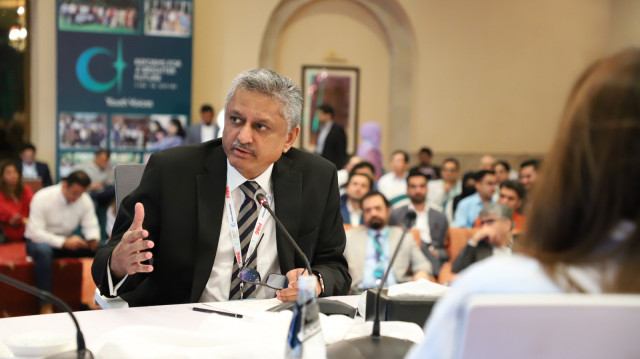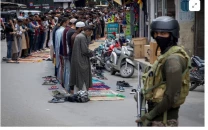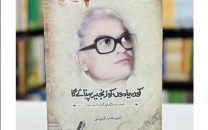Import substitution should be integral part of industrial policy, says Dagha
SBP should fix the exchange rate of the Pakistani rupee from time to time, says minister

Sindh's Caretaker Minister for Finance, Revenue, and Planning & Development Mohammad Younus Dagha has said that the State Bank of Pakistan should fix the exchange rate of the Pakistani rupee from time to time according to the internationally accepted exchange rate for the local currency.
Speaking at a conference in Islamabad organised by the World Bank and PIDE, the provincial minister elaborated that the country does not have a perfect market for foreign exchange for effective pricing through competitive market rates.
He elaborated that inquiries conducted by SBP revealed that a few banks that manage interbank rates have been involved in unfair practices and open market rates are managed by a few foreign exchange dealers.
Dagha also said at the conference that effective import substitution should be an integral part of the country's industrial policy based on achieving growth-based imports. He further said small and medium enterprises (SMEs) must be focused on to achieve high growth and that strategy should focus on skilled youth, high productivity and value addition to agriculture, mining and mineral sectors.
He maintained that development cannot be achieved by ignoring small and medium enterprises (SMEs) in economic policies.
Talking about the current investment environment, Dagha said investments are attracted to an environment where a comprehensive policy for investment as well as long-term continuity of industrial and tariff policies exist along side political stability.
The minister also said that until Pakistan develops a sound industrial base and gains access to markets where its trade rivals have free trade agreements, it would be futile to move towards unilateral trade liberalization. He recalled the period when Pakistan's policy makers reduced the average customs tariff from 18 percent to 8 percent between 2002 and 2009, and the trade deficit problem started to hurt the economy.
The event was attended by a large number of stakeholders representing various sectors. It was divided into different sessions and in each session, there was a panel discussion on a topic followed by a question and answer session with the audience.



















COMMENTS
Comments are moderated and generally will be posted if they are on-topic and not abusive.
For more information, please see our Comments FAQ